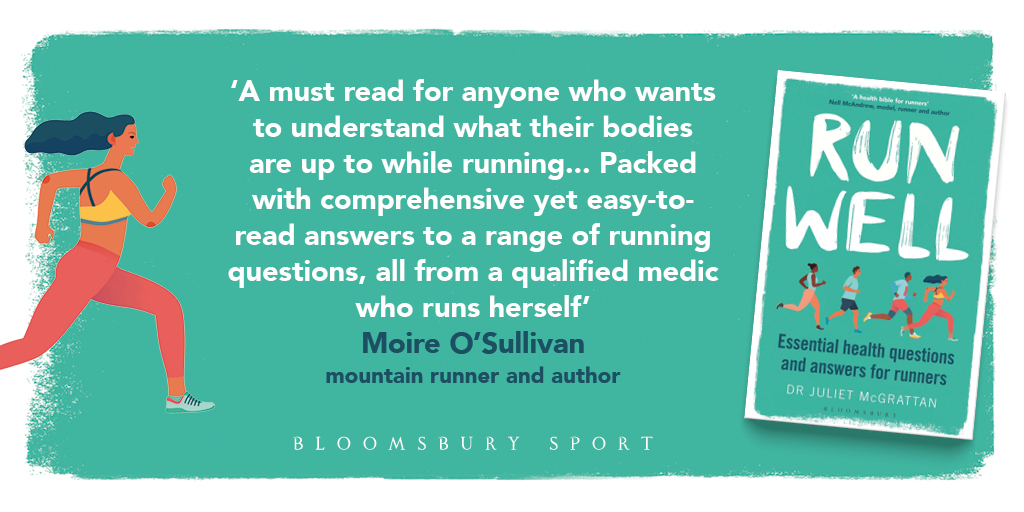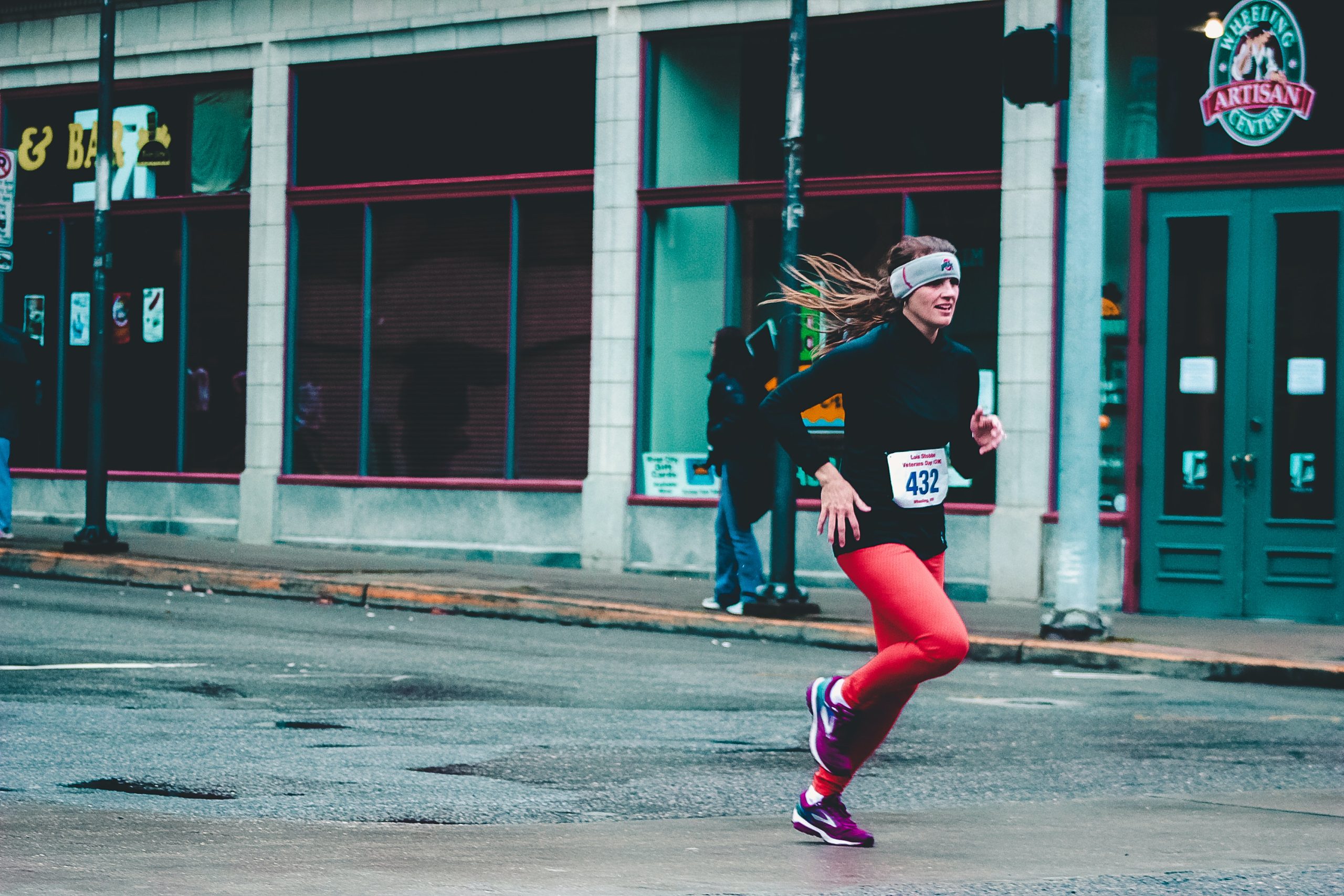We all know that running is good for our body and mind but what effect does it have on our immune system? Will regular running improve our immunity and help to keep us free from infection? What about those runs where we push ourselves and run harder or longer than usual, are they going to suppress our immune system and make us ill? I recently read a review paper on this topic which made me rethink my beliefs and I want to share it with you.
When I was training for my first few marathons I was working as a GP. Monday mornings were always really hectic with loads of patients piling in with illnesses they’d developed over the weekend. I got sick a lot. When I read that your immune system could be suppressed for 24 hours by long runs, it all made sense. My long training runs were always on a Sunday. I realised I was heading into work with a weakened immune system into clouds of germs. No wonder I kept picking up upper respiratory tract infections. For future marathons I changed my long runs to a Saturday to give my body more time to recover before I returned to the front line. I don’t think I got ill as much.
My experience and what I’d researched confirmed in my mind that long or intense runs can temporarily reduce your body’s ability to fight infection. That’s what I’ve been saying ever since. But, I now realise that might not be the whole truth. I love it when you read something that just makes you reconsider your view. I always try to keep an open mind, especially when it comes to medical evidence because it’s a constantly changing world.
Immune system during exercise
There’s no doubt that regular physical activity, including running, helps to strengthen our immune system. It reduces the chance of us getting both infectious and non-infectious medical conditions as we get older. In fact, during exercise there are ten times more ‘natural killer cells’ in our blood stream than before exercise. White blood cell numbers increase, partly due to the increase in blood flow but also because the cells have receptors to adrenalin on their surface. The adrenalin surge that we get during running literally wakes up and mobilises immune cells and pushes them into our circulation. This effectively super-charges our immune system.
Immune system after exercise
Studies, including a big meta-analysis of 24 studies, confirm that lymphocytes (a type of white blood cell which fights infection) are suppressed following exercise. As the authors of the review I read point out, it’s a bit strange that our immunity would suddenly plummet for 24 hours, after being boosted during exercise, leaving us at increased infection risk and then return to normal. It is really isn’t it? Why would our body do that? They argue that it’s a myth that the reduced lymphocyte numbers and function are actually a sign that our immune system is working harder. They believe the immune cells are ‘redeployed’ and sent out of the blood and into tissues, such as the mucosa of our gut and lungs to look out for and fight infections. So, while there are less cells detected on a blood test, it doesn’t mean those cells have expired or are inactive, they’re just busy elsewhere. Those that are left behind may be less in number but are stronger and more effective cells. The composition of the cells is important. So, in reality, instead of being suppressed, our immune system is heightened after vigorous or long runs. The ‘A -team’ is out there hunting down infection and protecting us rather than leaving us vulnerable.
Maybe it’s because I like the idea that my long run is boosting my immunity and my body is even cleverer than I thought, that this paper hit home. If you’d like to read the review paper, you can read it here. I love stuff like this, particularly when I realise a belief I had might be a myth. The authors fully explain why they’ve come to their conclusions. Here are a few reasons why they think the long held belief that intense exercise suppresses the immune system might be a myth:
- Infections were often reported but not proven on testing in the studies from the 1980s which were the basis for this belief.
- There are lots of non-infectious causes for runners to have sneezes and sniffles after long or vigorous runs so infections may be over reported.
- We can all get upper respiratory tract infections, they’re common and no more common in runners than the general population.
- Going along to a mass event, travelling on public transport, mixing with other runners etc increases your risk of infection.
- The trigger for a reduced immune system is more likely to be linked to how well you feel physically and mentally, nutrition, sleep etc before the bout of vigorous or intense exercise rather than due to a drop in your immunity following the run itself.
This is just a taster of what I read but I wanted to share it with you. It’s certainly made me think that my sniffles after those long marathon training runs might not have been due to a plummet in my immune system. It’s entirely possible they were due to a lack of sleep, not eating as well as I should, stress, germs from three small children and an increased exposure to infections at work. The chances of me getting an infection were higher than normal and it’s nice to think my running might not have been to blame.
It’s important to always focus on what you can control. Going back to the basics of sleep, nutrition and stress reduction is always the best starting point.
My mind remains open and I’m super interested to read more on this topic. I’ll keep you posted.
Enjoyed this post? Sign up to my blog and you’ll get an email each time I post.
There’s more on how to stay well as a runner in my book Run Well: Essential health questions and answers for runners published by Bloomsbury and available from all good book sellers.

Featured image: Photo by Rosemary Ketchum







